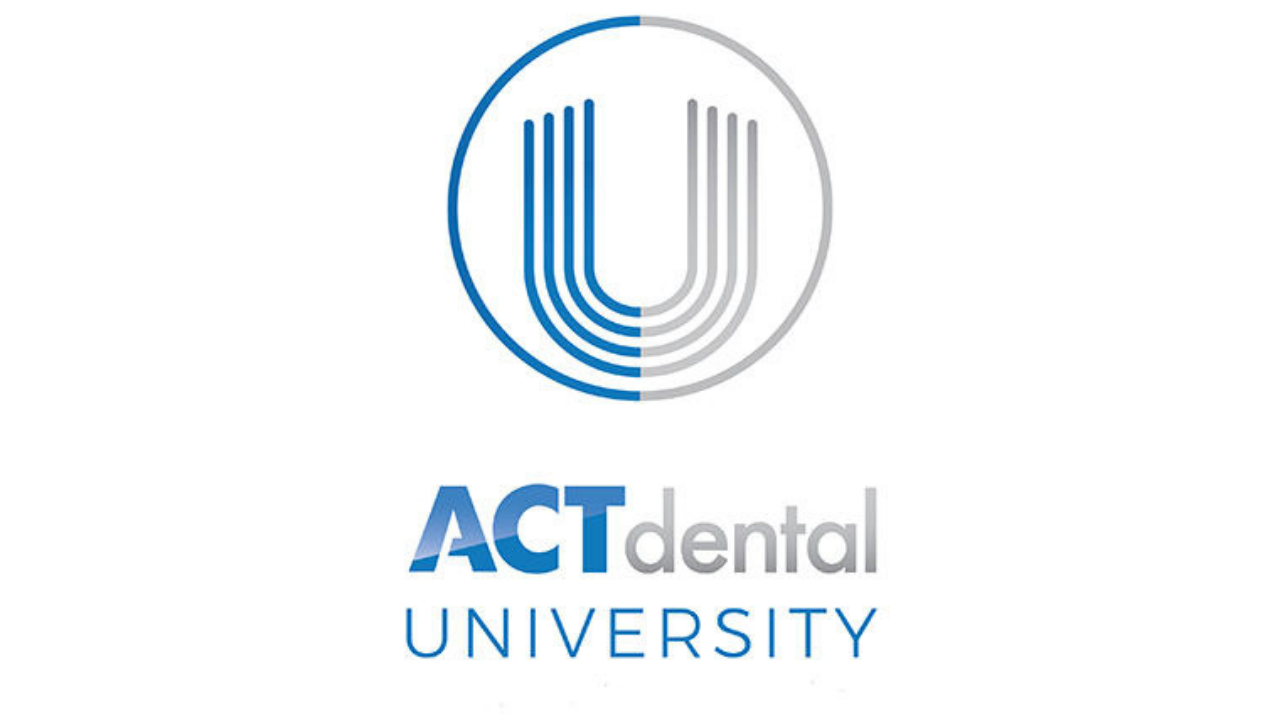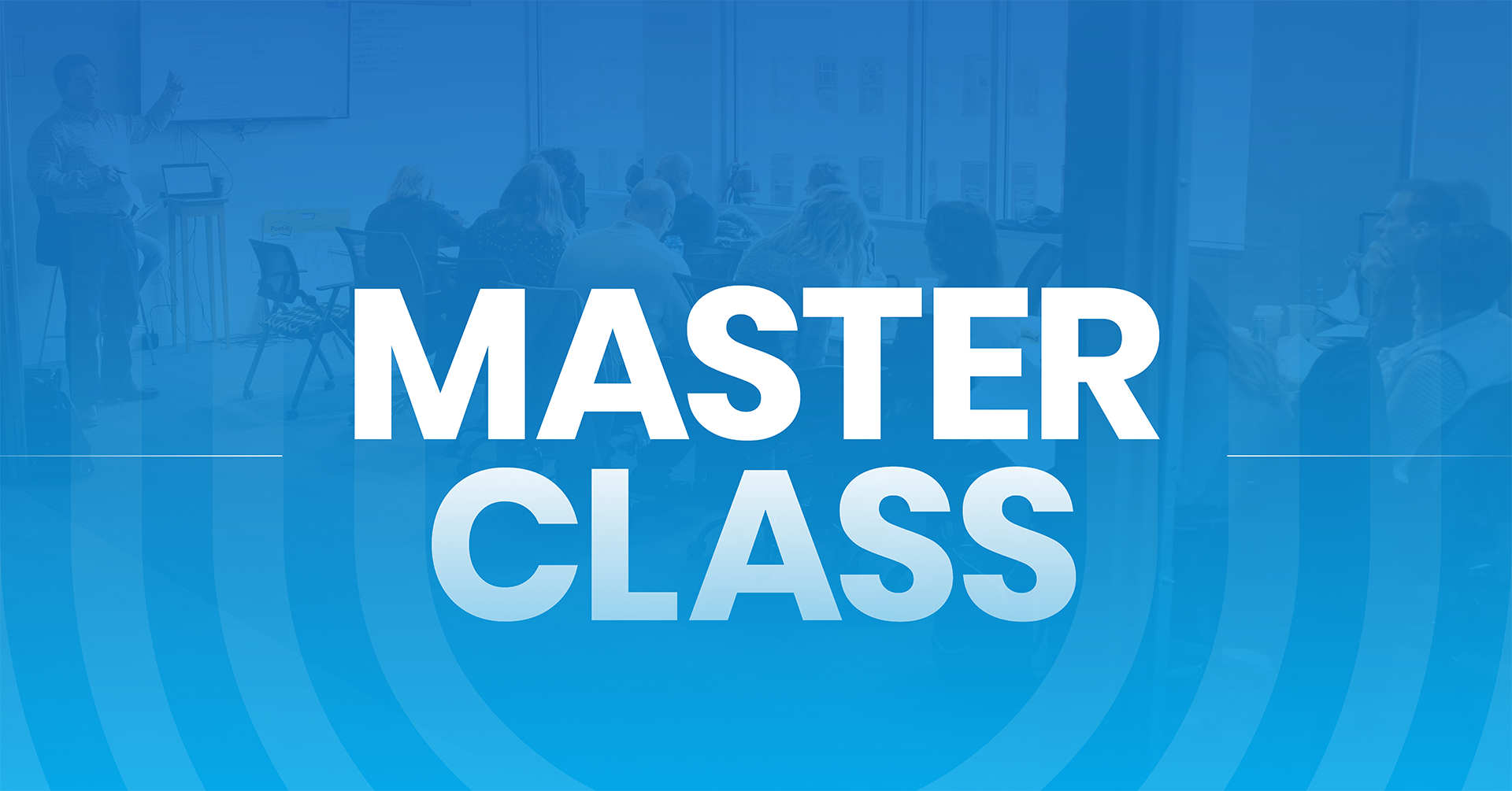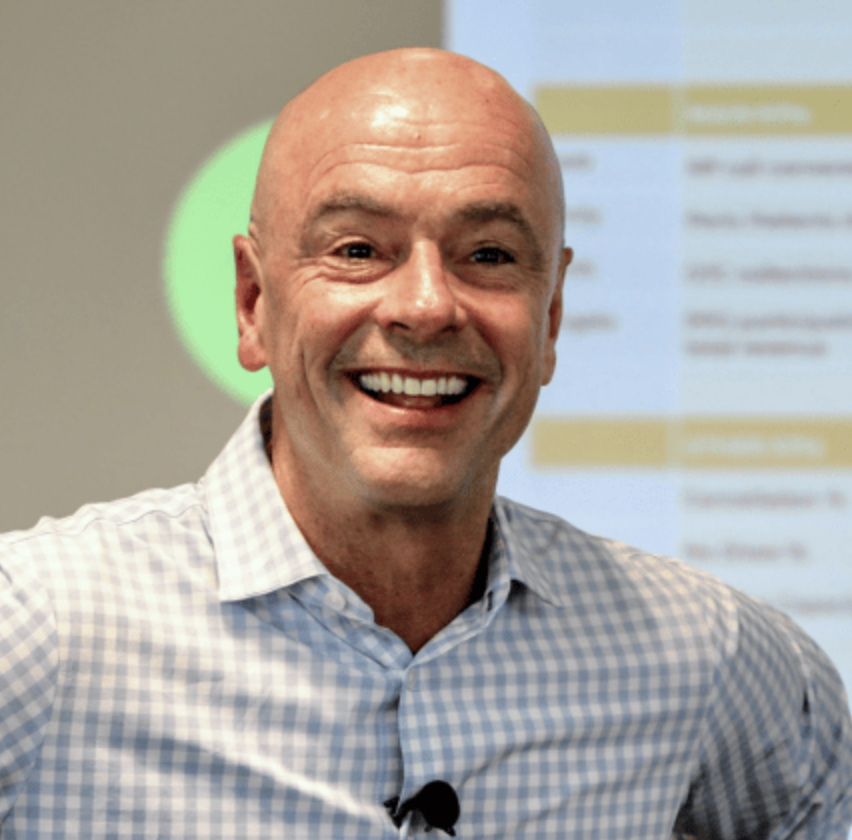You’ve heard the complaints about the weekly meeting: they take up too much time, they don’t accomplish anything, and they just repeat the same information over and over again. When your time is so valuable, why should you waste it? However, meetings are important; meetings let the team connect, work on improving the practice, and move us forward. The idea that meetings are pointless is a limiting belief, and you can’t let that stand in the way of your future progress. Instead of fewer meetings, what you need are better meetings. You need to value the meetings, and to do so, you need a system.
Kirk likes to say, “No agenda, no attend-a.” It’s the agenda that forms the backbone of a meeting and keeps you from getting off track; without it you fall into the rut of having a meeting for meeting’s sake, and that’s when you lose focus. That’s not to say that you must run a cold, by-the-book meeting; this is, after all, a time for your team to connect, so leave space in your budgeted time for social interaction. Blocking off a set amount of time each week gives your team a sense of certainty about the meeting—your team knows how long it will be, but it also gives you the freedom to end early, if possible. Our typical recommendation is two hours; it should give you enough time to discuss all the goals for the upcoming week, as well as your issues list and any actions you need to take.
Issues & Action Items
A problem I see too frequently is a tendency to classify too many things as Issues when they’re actually Action Items. The distinction between issues and action Items is important—an issue is something that needs to be discussed, something that you don’t know how to accomplish yet. I use the acronym IDS to describe the process of working through an issue—Identify the problem, Discuss it, and finally Solve it. The method of executing that solution is the action item, and it can be as simple as putting in a work order to request maintenance.
Treating everything as an issue will bog you down and prevent you from moving forward, as there’s never enough time to discuss every item on your issues list—you need to prioritize which are most important, and then put your best energy toward those. Look at your KPIs to see which areas are generating problems, and then add them to your issues list. We advise saving the actual discussion of issues for the end of the meeting as a method of keeping it moving forward and preventing the entirety of the meeting from being co-opted by minor issues. When it comes to keeping our tasks organized, we like to use our ACTion planner action items list and assign an individual team member to each item. This way we can keep track of what has and has not been done, hold each other accountable, and support one another when needed.
Lean on the Team
With so much riding on the success of your meetings, doctors often think they need to shoulder the burden and manage every single one. That’s a recipe for exhaustion; instead, you need to empower your team to manage the meetings. I like to say that the beauty of our meetings is that there isn’t a leader—while you still need someone to help direct the flow of the meeting, the amount of direct oversight involved is drastically less. An empowered team saves you stress and gives your team members the opportunity to be leaders.
You have a great team, so give them a chance to elevate themselves. Not only will they save you from exhaustion, but they will also help hold you accountable. If you have a leadership coach, remember that they are also a part of your team, and someone you can lean on when you need advice. Kirk often remarks that the secret to success is to “surround yourself with great people and just get out of their way,” so isn’t it time you let them ease your burden?
Putting in place an agenda and creating a system of reporting, issue identification, and action item generation will lead to more energized meetings; to further their effectiveness and increase your knowledge we highly recommend the works of Patrick Lencioni, as well as Gino Wickman’s Traction. And as always, the ACT team is standing by for any of your needs. As Brene Brown says, “You don’t have to do this alone—you weren’t meant to.” Our coaches are ready to assist you with all your practice needs. They are the experts—lean on their experience and reach out today to help you build a Better Practice, and a Better Life!
Categories

Get access to the best dental educators on the planet to bring you "best practices" and help you become the dentist you were called to be. Watch what you want, when you want it. It's 24/7 on-demand access. Friday's we host "Master Classes" with the very best dental speakers you will ever see.

Reserve your spot at the next ACT Dental Master Class
Learn From One of the Best Educators During Our BEST PRACTICES MASTER CLASS Experience.
Kirk Behrendt
Kirk Behrendt is a renowned consultant and speaker in the dental industry, known for his expertise in helping dentists create better practices and better lives. With over 30 years of experience in the field, Kirk has dedicated his professional life to optimizing the best systems and practices in dentistry. Kirk has been a featured speaker at every major dental meeting in the United States. His company, ACT Dental, has consistently been ranked as one of the top dental consultants in Dentistry Today's annual rankings for the past 10 years. In addition, ACT Dental was named one of the fastest-growing companies in the United States by Inc Magazine, appearing on their Inc 5000 list. Kirk's motivational skills are widely recognized in the dental industry. Dr. Peter Dawson of The Dawson Academy has referred to Kirk as "THE best motivator I have ever heard." Kirk has also assembled a trusted team of advisor experts who work with dentists to customize individual solutions that meet their unique needs. When he's not motivating dentists and their teams, Kirk enjoys coaching his children's sports teams and spending time with his amazing wife, Sarah, and their four children, Kinzie, Lily, Zoe, and Bo.
RECENT POSTS
One Case Doesn't Define Your Practice!
February 16, 2026
Ask the Right Questions to Hire the Right People
February 13, 2026
Bring Back Common Sense
February 09, 2026
Data Snapshot: Treatment Dollar Amount Acceptance Percentage
February 06, 2026
The Sweet-Spicy Formula For Confident, Kind Collections
February 02, 2026
Reveal Your Practice’s Hidden Profits
January 30, 2026
1000: Metric Mondays: Supplies Percentage - Ariel Siegel
January 26, 2026
5 Simple Ways To Build Trust Today
January 26, 2026
Data Snapshot: Patient Acceptance Percentage
January 23, 2026







